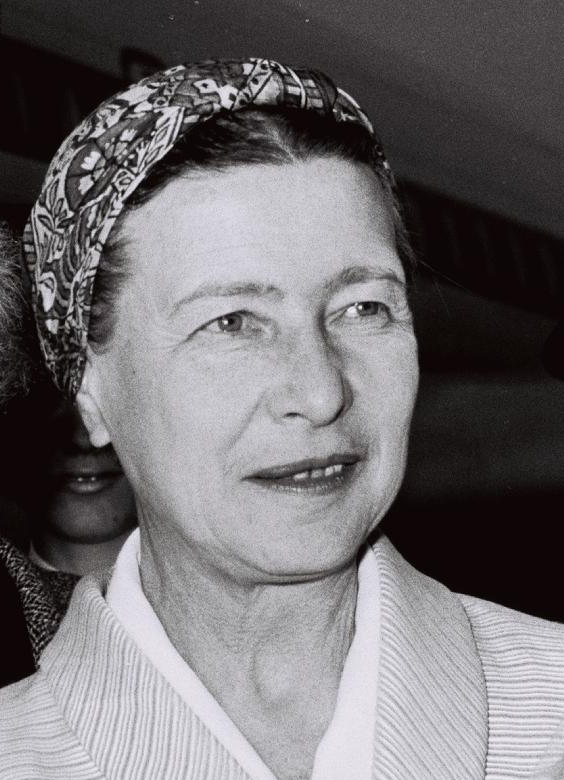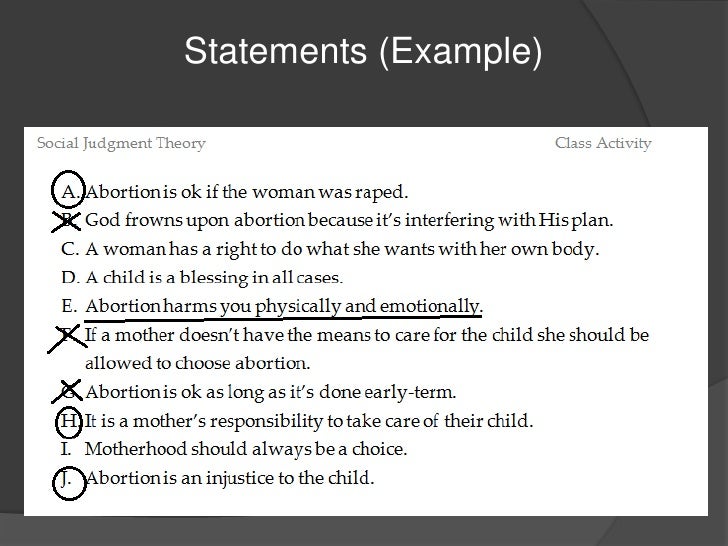

The main tenets or variables of social judgement theory are: judgement processes and attitudes acceptance, rejection and non-commitment contrast and assimilation attitude change and ego-involvement. In brief, the theory represents an attempt to generalize human psychological judgements. The social judgement theory largely focuses on an individual’s judgement in relation to communicated messages. On the contrary, if stimulus is closely related to message, then it is easily assimilated. For instance, when stimulus is loosely related to the latter, then the effect of contrast can be seen. The psychological principle that is central to social judgement theory is the relations between stimulus and one’s judgmental anchors (Mallard, 2010). Cognitive and motivational capacities that an individual possesses are central to their ways of persuasion and social judgements. argued that peoples’ minds (psychjology) tuned to a number of factors that influence their environment.

Employing probabilistic psychology, Sherif et al. The meta-theory concerns explores cognitive views and the ways how humans perceive different situations. Social judgement theory, a framework by Sherif explores human judgement. Before evaluating various persuasive positions in the given case, the next section presents a discussion on social judgement theory for enhanced comprehension. The essay suggests the significance of assessing people’s judgement of different positions taken. In the view of social judgement theory, the discussion opines that a person’s reaction to a persuasive communication depends on his or her judgement of the position that is advocated by the message. This essay uses social judgement theory to evaluate persuasion in a scenario where different groups have conflicting viewpoints. There are different theories that explain the variety of perspectives and attitudes in persuasive communication, including consistency theories, social judgement theories, functional theories, and learning theories.


 0 kommentar(er)
0 kommentar(er)
